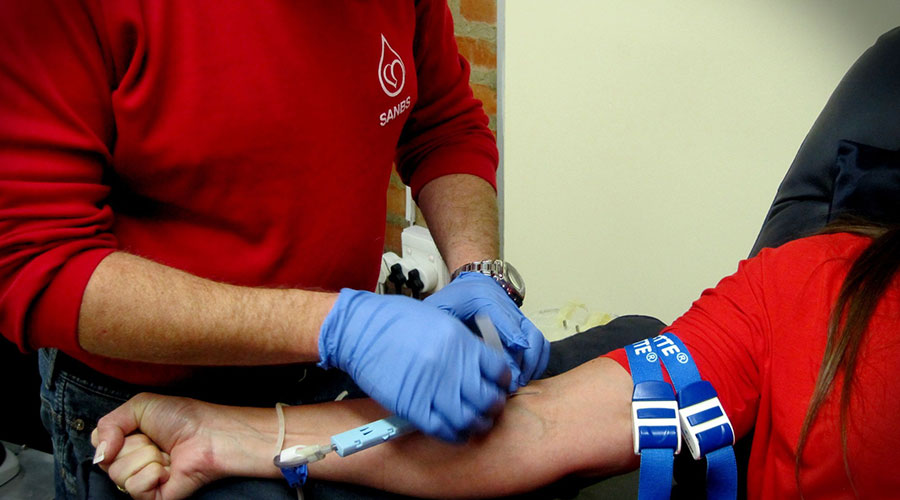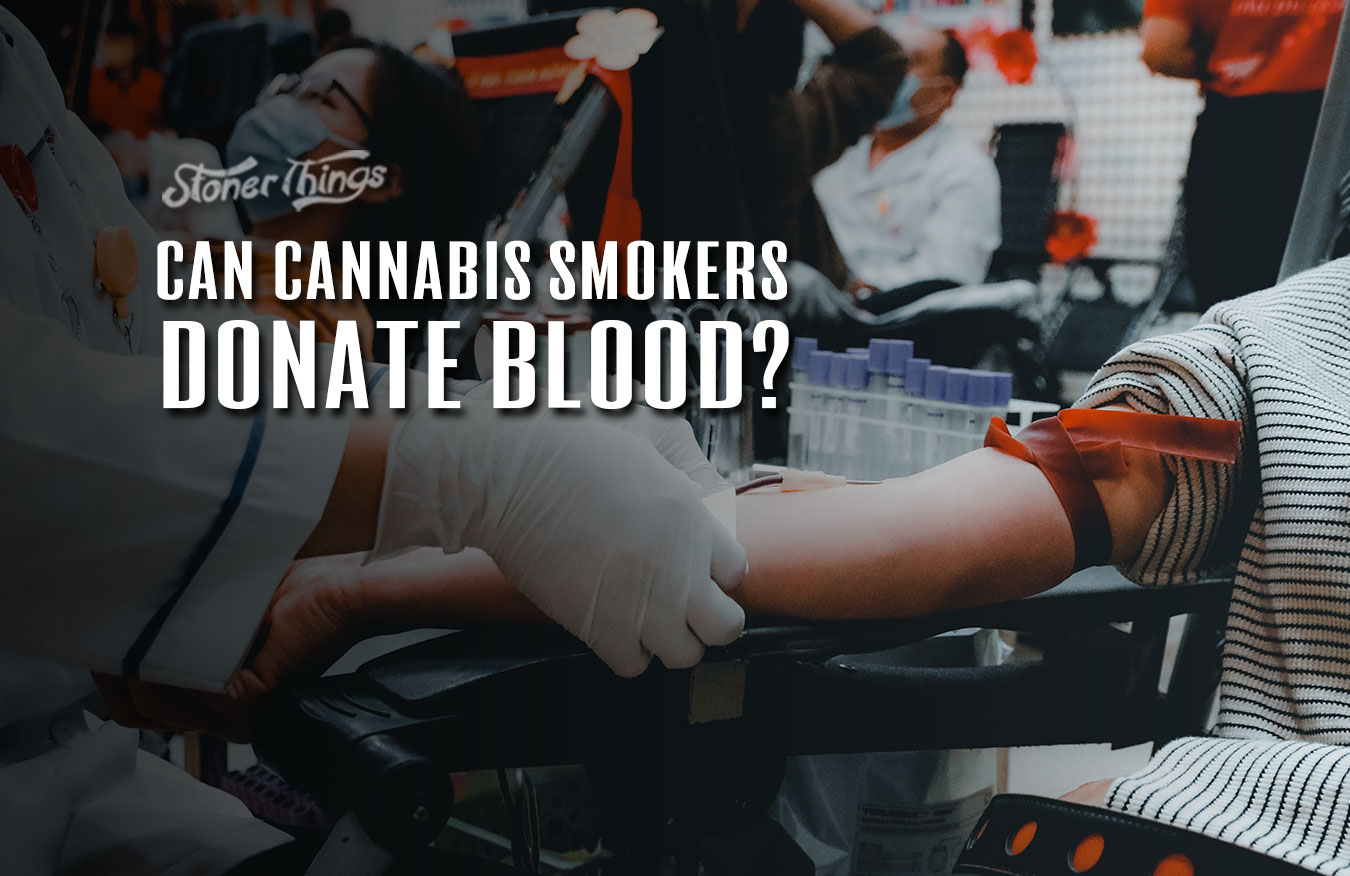Blood donations are one of the easiest ways to give back to the community, and since the emergence of COVID-19 the need for healthy blood donors is higher than ever. However, as cannabis use becomes more widespread lots of people have taken a backseat to blood donations since it isn’t crystal clear whether or not they can donate blood with THC in their systems. Here’s everything you need to know about donating blood as a regular cannabis user.
Can cannabis users donate blood?
In short, yes. Cannabis users can donate blood as long as they don’t have THC in their system when they go to make the donation. According to FAQ on the American Red Cross website, “The use of cannabis does not disqualify an individual from blood donation, but potential donors cannot give if their use of cannabis impairs their memory or comprehension.”
Basically that just means that you’re fine to donate blood as long as you aren’t under the influence of THC when you’re assessed during the donor-screening process. They can’t accept blood from anyone who is intoxicated with alcohol, cannabis, or other prescription drugs. If you’re high, they legally can’t take your blood since you could provide an unreliable medical history or be unable to give consent for them to draw your blood.
While the Red Cross doesn’t encourage the use of controlled substances, cannabis use doesn’t disqualify you from giving blood as long as you are feeling well. The only time drug use makes it impossible to donate blood is if you show up to your appointment high or if you’ve injected any illegal drugs at any point during your life.
Do blood banks test for THC?
When you donate blood, your blood is tested for bloodborne illnesses and infectious diseases like hepatitis, HIV, and AIDS. The blood banks aren’t looking for drugs. These tests also aren’t formal diagnostic tests, though they will occasionally run other tests based on your medical history or to qualify plasma donations. However, the FDA doesn’t currently require testing for THC to donate blood.
Is blood donated from cannabis users safe?
Again, yes. If you’re not under the influence of cannabis or feeling high when you go to donate blood, it means that the THC has already been broken down and metabolized in your body. This happens relatively quickly, and continues to be broken down by the liver until the psychoactive form of THC (11-OH-THC) is transformed into non-psychoactive THC (11-nor-9-Carboxy-THC). This takes a few hours, so by the time you’re no longer feeling high the THC is usually transformed and your blood is safe to be used. That’s why blood banks will refuse your donation if they believe you’ve consumed cannabis recently. The psychoactive compounds need to be broken down to make a safe donation.


What disqualifies someone from donating blood?
When it comes to cannabis use, you’ll be disqualified if you show up to your appointment high. However, you’ll also be disqualified if you use synthetic marijuana like K2 or Spice. Prescription medications similar to these synthetic drugs such as Marinol will also get you turned away. Lastly, you can’t donate blood if you haven’t waited at least 56 days since your last blood donation. You will also be disqualified from donating blood if you meet any of the below criteria:
- Received a piercing or tattoo within the last year
- Are pregnant or recently had a baby
- Use steroids
- Weigh less than 110lbs
- Have an illness with a fever
- Have low iron levels, which signify anemia
- Have traveled to a malaria-risk country within the last 3 years
- Have HIV or hepatitis infections.
If none of that sounds like you, you’re good to donate — cannabis use and all!
Overall
As long as you are at least 16 years old (or 17 years old for plasma donations), recovered from COVID-19, healthy, and not showing up to your appointment high, you’ll be fine to donate blood. Be prepared for a short screening process on the day of your donation to go over your medical and travel history as well as a mini-physical to test for anemia, blood pressure, and temperature. Remember to show up well rested, fed, and hydrated and avoid caffeine, alcohol, and cannabis prior to making your donation.













